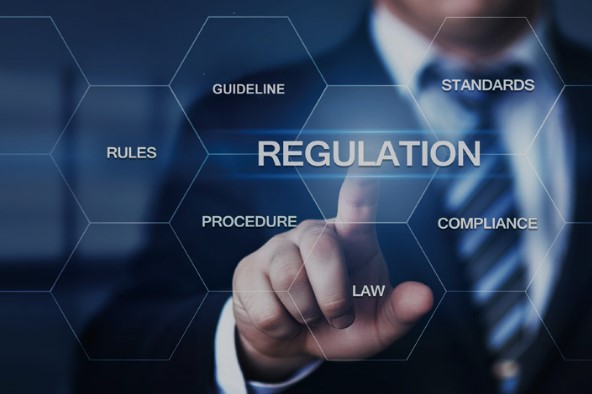Introduction to Tech Policy and Regulation
Technology has become a major part of our daily lives, revolutionizing the way we communicate, work, and access information. As technology continues to advance at an ever-increasing pace, it is essential to have policies and regulations in place to ensure its responsible use.
Tech policy and regulation refers to the rules and guidelines that govern the development, use, and impact of technology in society. These policies and regulations are put in place by governments, international organizations, and other stakeholders to address various issues related to technology.
Why is Tech Policy and Regulation Important?
With the rapid growth and integration of new technologies into our lives, it has become crucial to have a framework that guides their implementation and use. Here are some of the reasons why tech policy and regulation are essential:
- Protecting Data Privacy
With the growing amount of personal data being collected by companies, there is an increased risk of that information being misused or exploited. Tech policies and regulations aim to protect individuals’ privacy by setting guidelines for how companies can collect, store, and use personal data.
- Ensuring Cybersecurity
As technology becomes more integrated into our daily lives, so does the risk of cyber attacks. Policies and regulations help to establish standards for cybersecurity measures that companies must implement to protect their systems and user data.
- Promoting Innovation and Competition
Tech policies and regulations are not just about limiting the use of technology but also fostering innovation and competition in the tech industry. This can be achieved through measures such as antitrust regulations, which prevent companies from monopolizing the market and stifling competition.
- Addressing Social and Ethical Issues
Technology has a significant impact on society, and it is essential to have policies and regulations in place to address any potential negative effects. For example, regulations may be put in place to ensure that artificial intelligence algorithms are not biased or discriminatory.
Key Areas of Tech Policy and Regulation
Tech policy and regulation cover a broad range of topics, including but not limited to:
- Net Neutrality: This is the principle that all internet traffic should be treated equally without any discrimination or preference given by internet service providers. Policies around net neutrality aim to prevent companies from controlling access to certain websites or services.
- Intellectual Property: This refers to the legal rights that protect original works, such as inventions, artistic creations, and designs. Tech policies around intellectual property aim to ensure that creators are properly rewarded for their work and prevent others from using it without permission.
- Online Content Moderation: With the increasing amount of user-generated content on online platforms, there is a need for policies and regulations to govern what is allowed and what is not. These policies may address issues such as hate speech, misinformation, and illegal content.
- E-commerce: As online shopping continues to grow, there are policies and regulations in place to protect consumers’ rights when making purchases online. This includes guidelines for secure transactions, protection against fraud, and dispute resolution mechanisms.
The Challenges of Tech Policy and Regulation
Despite the importance of tech policy and regulation, there are various challenges in implementing and enforcing them effectively. These may include:
- Keeping up with Technological Advancements: Technology is constantly evolving, making it challenging for policies to keep up. Policies must be flexible and adaptable to new developments.
- Balancing Innovation and Regulation: It can be challenging to strike a balance between promoting innovation and regulating the potential negative impacts of technology. Overregulation can stifle progress, while under-regulation may lead to the misuse of technology.
- Global Cooperation: Technology knows no borders, making it difficult for individual countries to regulate it effectively. International cooperation is necessary for addressing issues such as data privacy and cybersecurity that transcend national boundaries.
Conclusion
Tech policy and regulation play a vital role in shaping the use and impact of technology in our society. As technology continues to advance, policies and regulations must keep up with these developments to ensure responsible and ethical use of technology. By addressing key areas such as data privacy, cybersecurity, and innovation, we can harness the full potential of technology for the betterment of society. So, governments and other stakeholders must work together to develop effective policies and regulations that promote the responsible use of technology while addressing potential challenges and concerns. Let us continue to strive towards creating a safe, fair, and innovative digital world through well-crafted tech policy and regulation. As a society, we must not shy away from the responsibility of shaping our technological future. Let’s work together to build a better tomorrow through responsible tech policy and regulation. Together, we can ensure that technology is used for the greater good and benefits all members of society. So, let us embrace this challenge and create a world where technology brings about positive change and progress for all.
